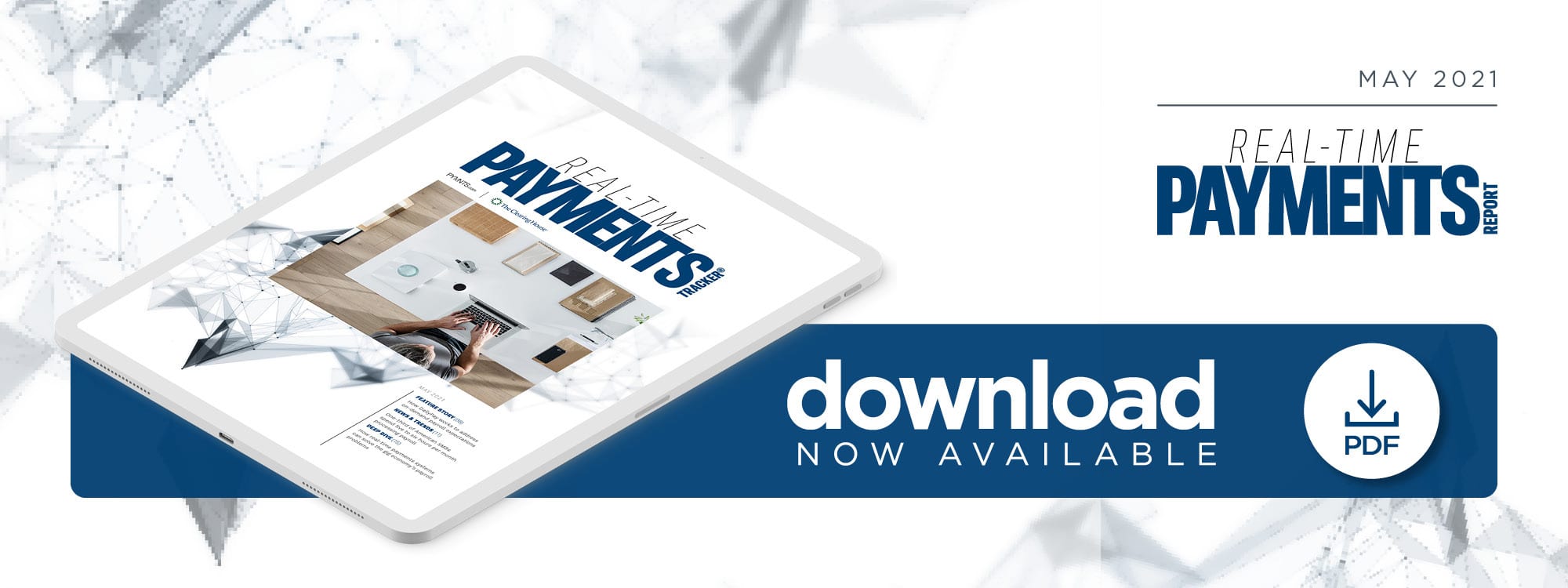Deep Dive: How Real-Time Payments Systems Can Solve Payroll Pains In The Gig Economy

Participating in the gig economy can be difficult — even in the best circumstances — as freelancers often lack many of the comforts salaried employees receive. Benefits like employer-provided health insurance are rare, paid time off is nonexistent and gig workers must proactively seek out opportunities much faster than their full-time counterparts. Payroll interruptions and delays are yet more issues, and they can be some of the most onerous. Just 15 percent of gig workers have enough in savings to pay for emergencies and 29 percent have taken out payday loans within the past 12 months, forced into extenuating financial circumstances through no fault of their own.
Employers have not only a moral incentive to pull out all stops to ensure their freelancers are paid in full and on time, but also a financial one. Forty percent of gig workers said that faster payment is enough to make them choose one company over another, and with 59 percent working for more than one company, a business that cannot keep up with its freelance workers’ needs often loses them to competitors that can.
The following Deep Dive explores the challenges that companies face in paying their freelancers, the consequences that payment shortfalls have on workers’ well-being and how real-time payments systems can result in fast payments and satisfied employees.
Payments Processing Issues
A multitude of obstacles can keep even the most well-intentioned employers from paying their gig workers on time. The largest culprit in these delays is a reliance on manual payroll processes, with 65 percent of organizations completing at least some of their payments manually. This tendency can also cause errors in addition to tardiness, with the IRS calculating that 33 percent of employers have made payroll errors that can cost them employee loyalty as well as billions of dollars in fines. The American Payroll Association found that companies that use traditional timecards have error rates of anywhere between 1 percent and 8 percent, in fact.
These obstacles to timely payroll can have massive consequences for workers’ well-being. A recent study found that 29 percent of freelance invoices were paid after they were due, with 90 percent being paid within a month. This means that one in 10 freelance payments take more than a month to arrive, with invoices greater than $20,000 being much likelier to be more than a month late. Female gig workers are also likelier to receive late payments, observing payment lags 31 percent of the time compared to 24 percent among their male counterparts. One-third of freelancers even said that they had not been paid for their labor at some point, with 40 percent of these unpaid workers reporting that the companies that failed to make payments simply “ghosted” them without addressing the issue.
Companies must provide freelancers with unfailingly accurate, timely payments, both for workers’ well-being and to keep their reputations intact so they can attract additional gig workers. Businesses eager to attract and retain top talent would do well to explore real-time payments technologies to keep their freelancers paid and satisfied.
How Automated Real-time Payment Systems Improve Freelancer Satisfaction
Payroll automation is the next frontier for corporate HR departments, reducing what was once a manual process involving calculators and endless spreadsheets into a largely behind-the-scenes system. Many of these systems leverage artificial intelligence (AI) to automate, simplify and accelerate payroll procedures, with immediately measurable effects: A recent survey of chief financial officers found that 57 percent believe AI can reduce human error while 56 percent said it lowers costs and 50 percent said it can boost employee efficiency.
Forty-three percent of these chief financial officers said that payroll automation can improve their bottom lines, with increased profit stemming from reduced payroll costs and better output from freelancers due to the incentive for quicker payments. Surveys have found that 70 percent of gig workers prefer electronic payments for their labor, with this number jumping to 80 percent among millennials. Eighty-four percent also said that they would do more gig work if payments were processed more quickly. Fostering employee loyalty is thus a critical part of a successful workplace — one that is just as important for freelancers and contractors as it is for salaried workers.
Gig workers are understandably hesitant to work for businesses with reputations for delayed or inaccurate payment processes, which hurts both the livelihood of the workers as well as the productivity of the companies. Fixing payroll delays and errors through automated systems can be a giant first step toward helping every party involved.
